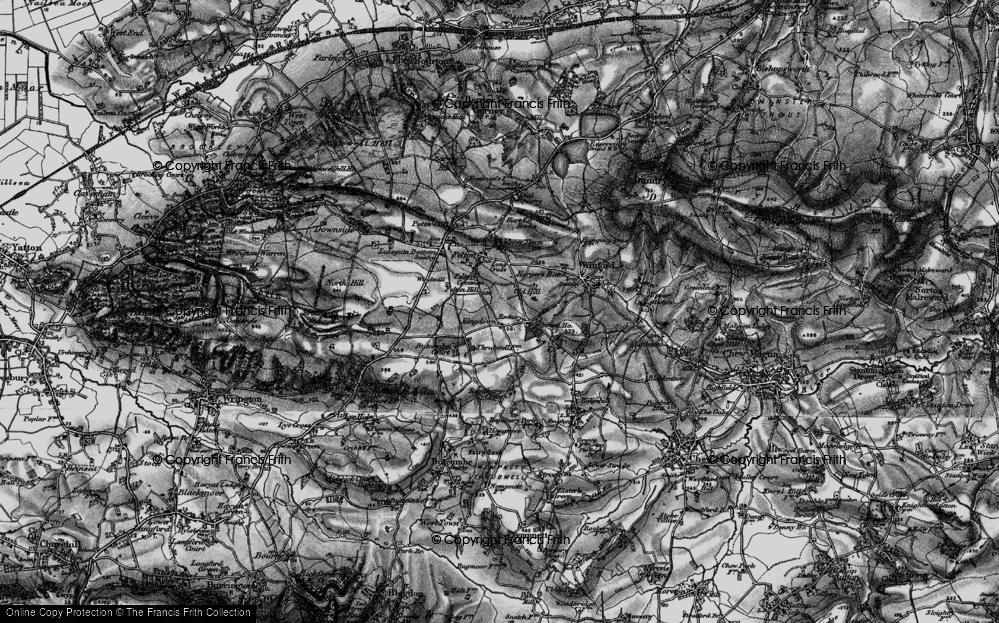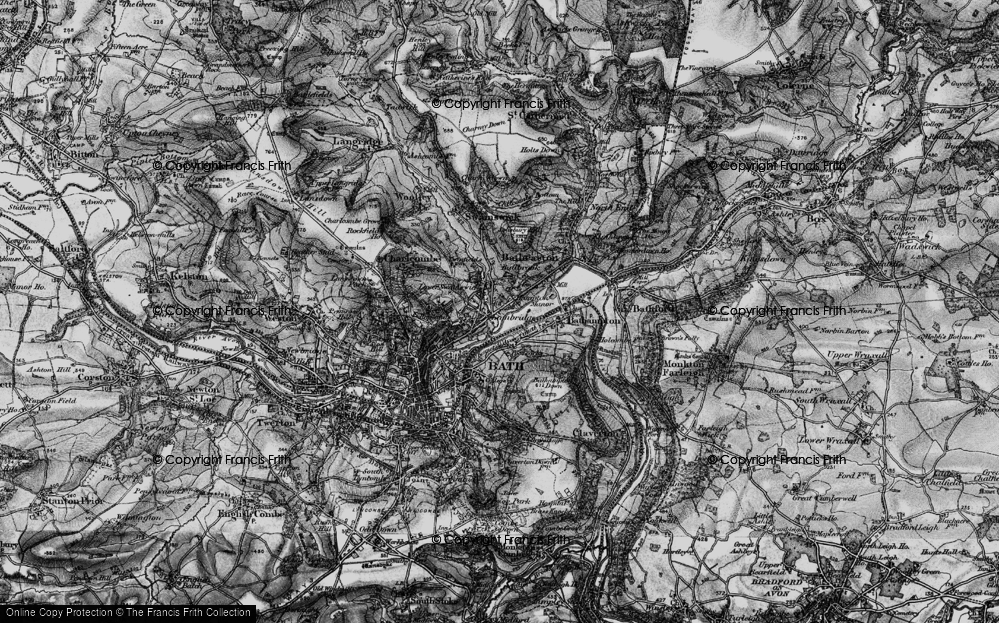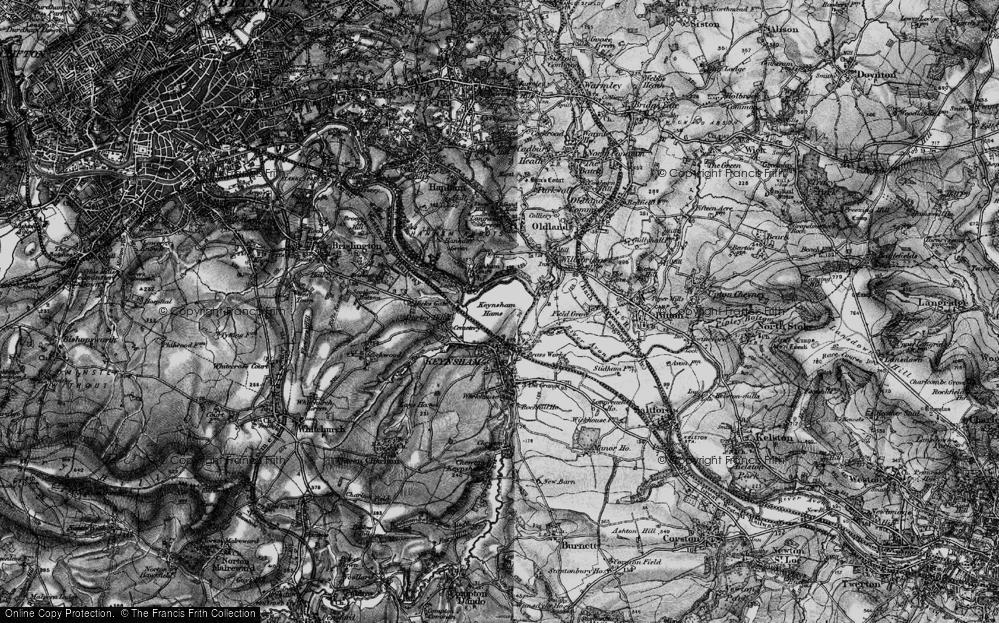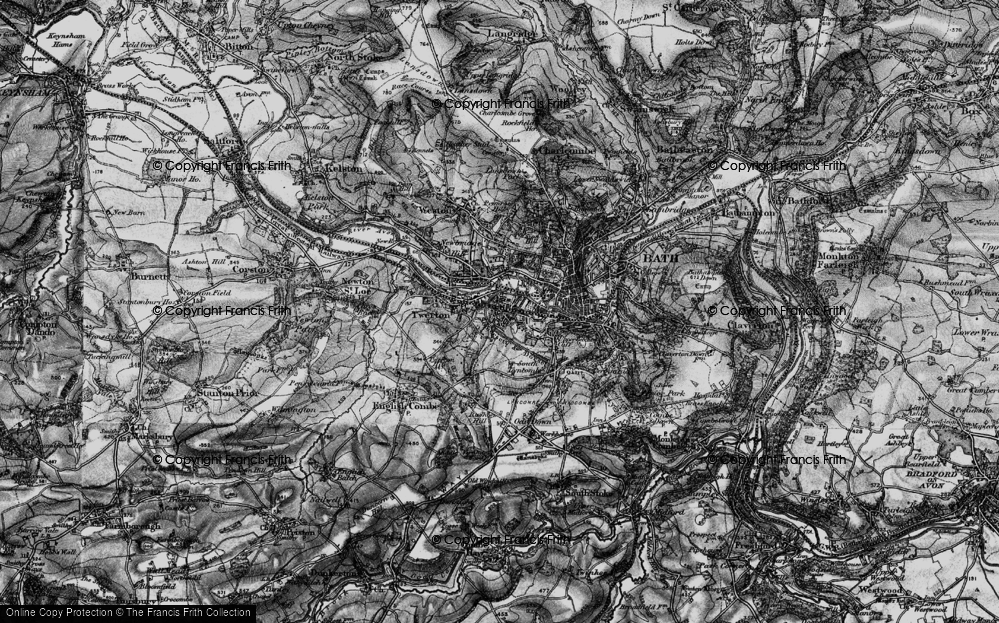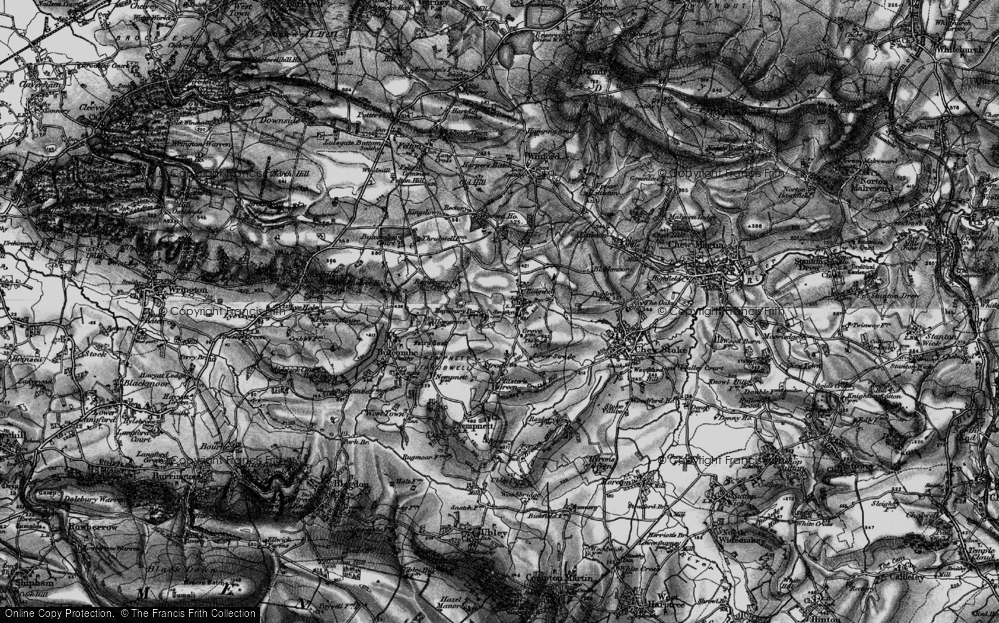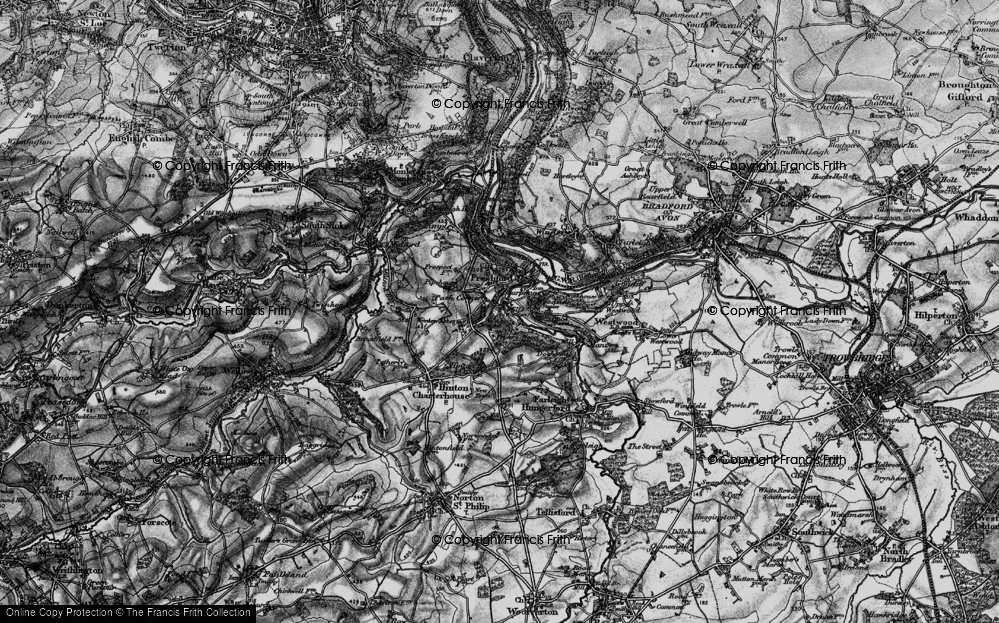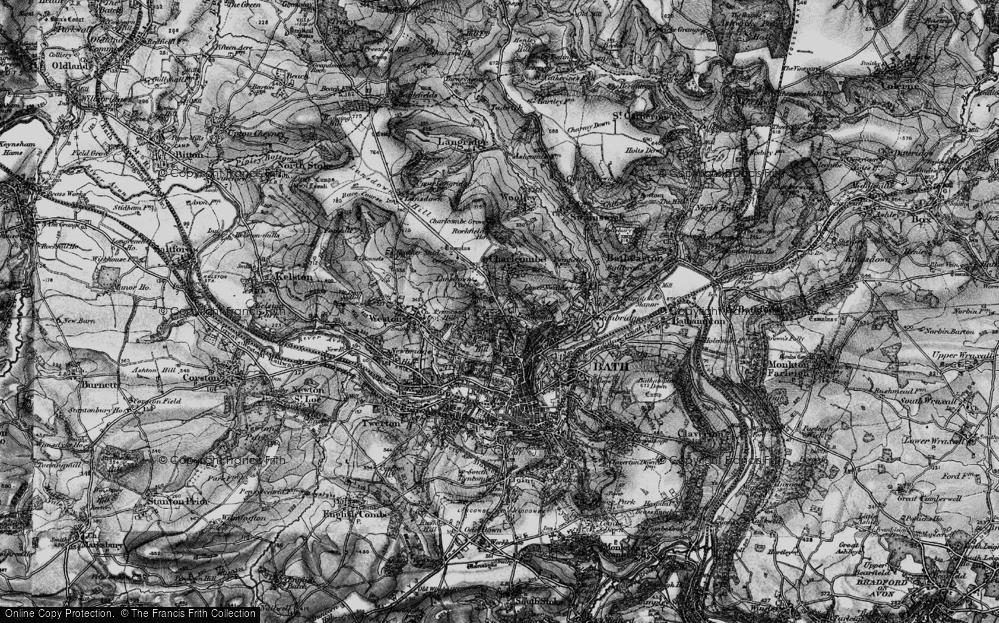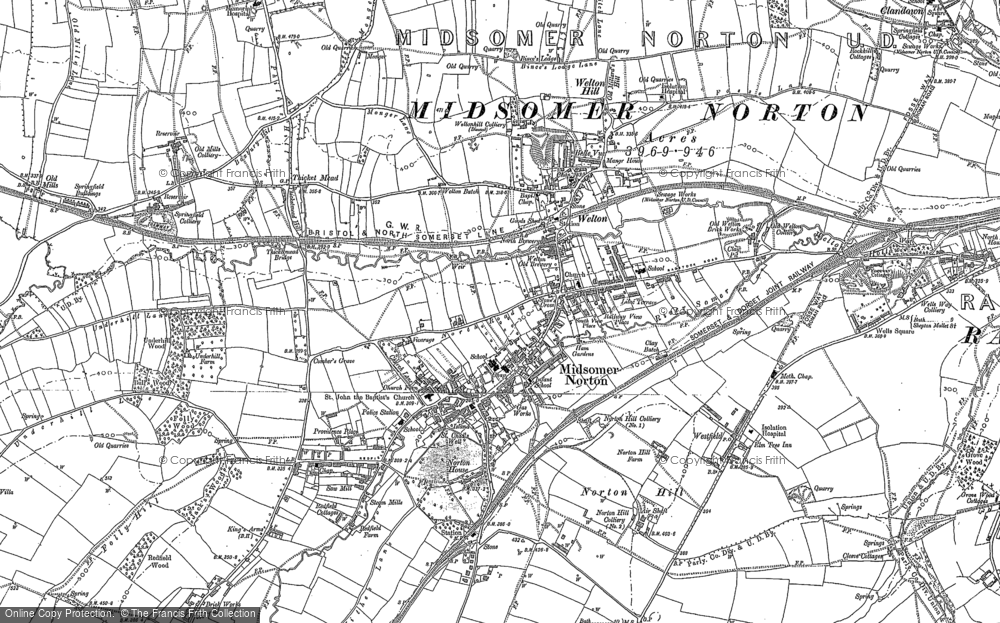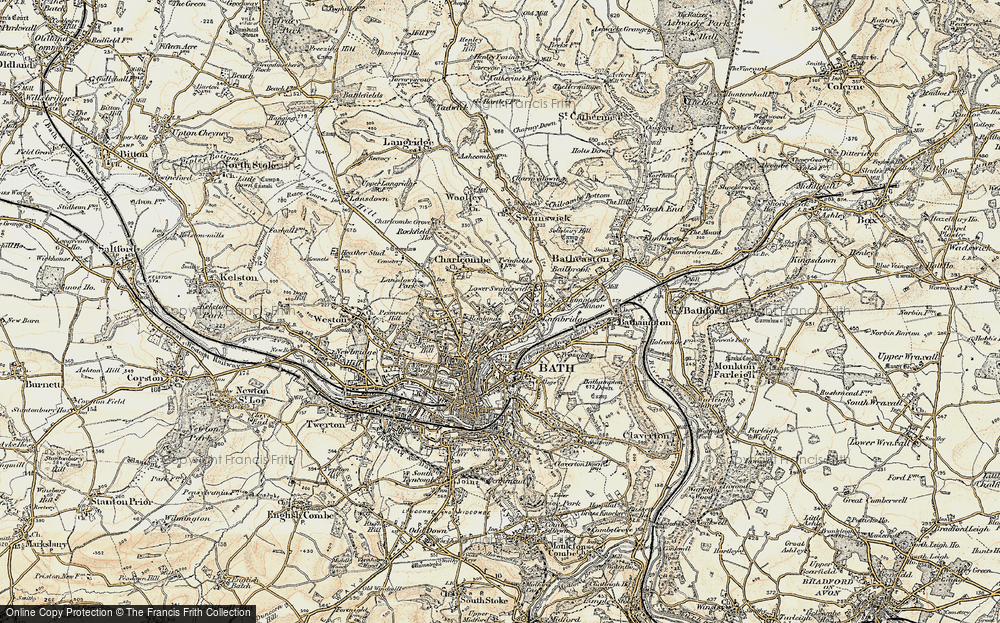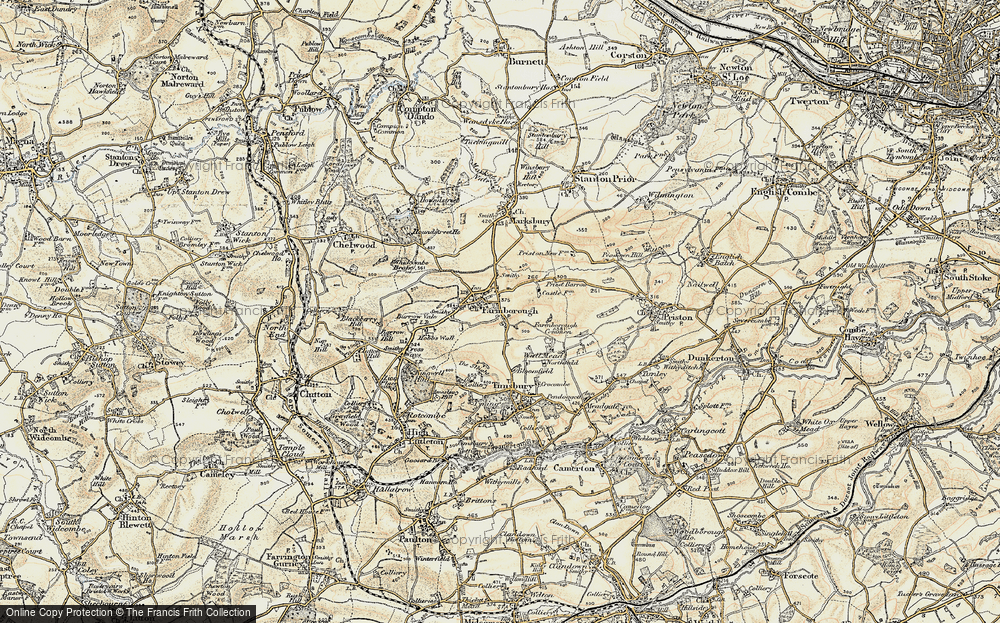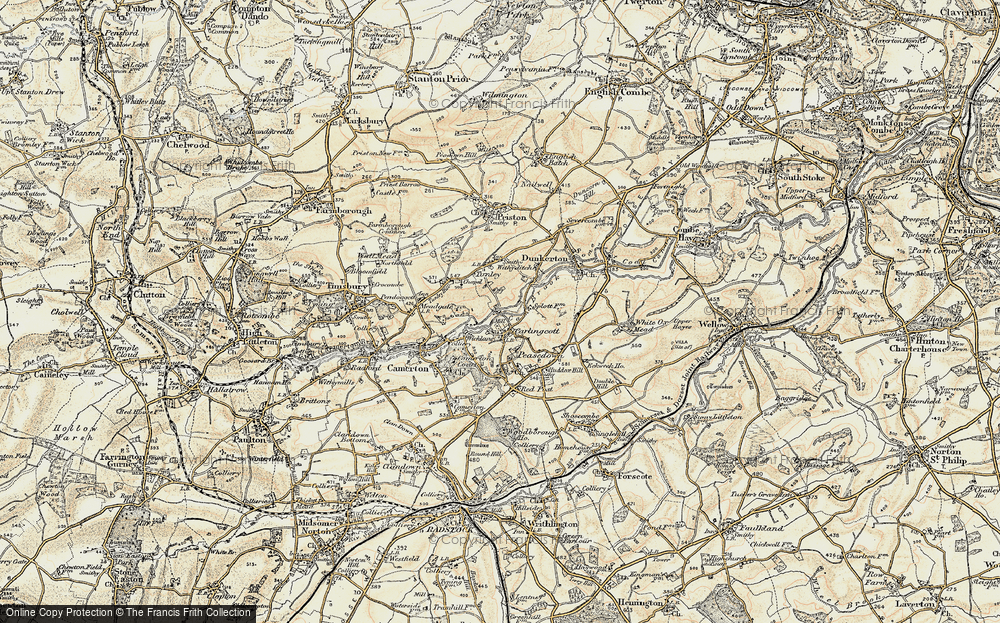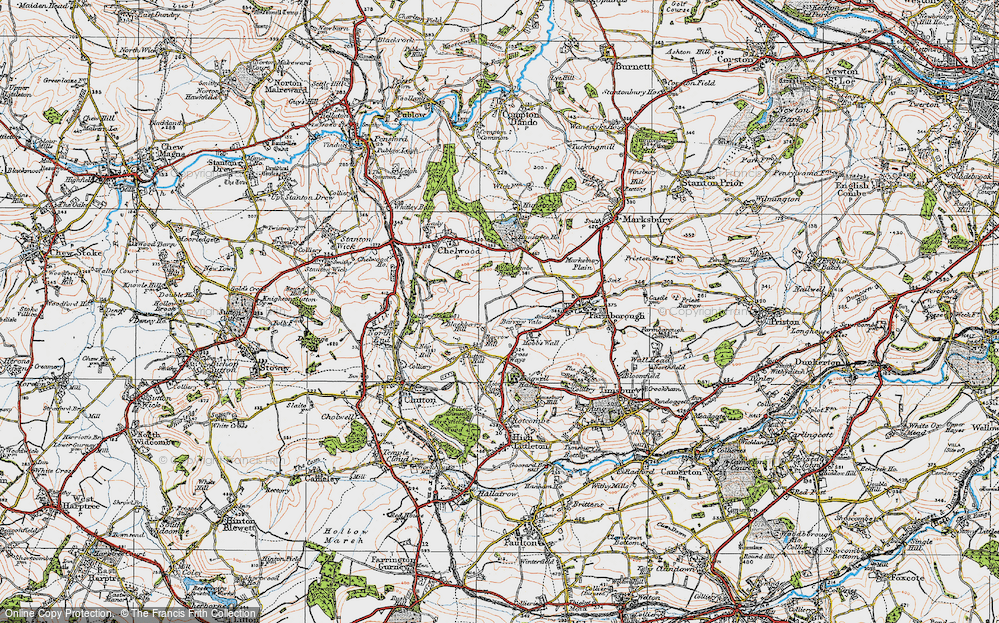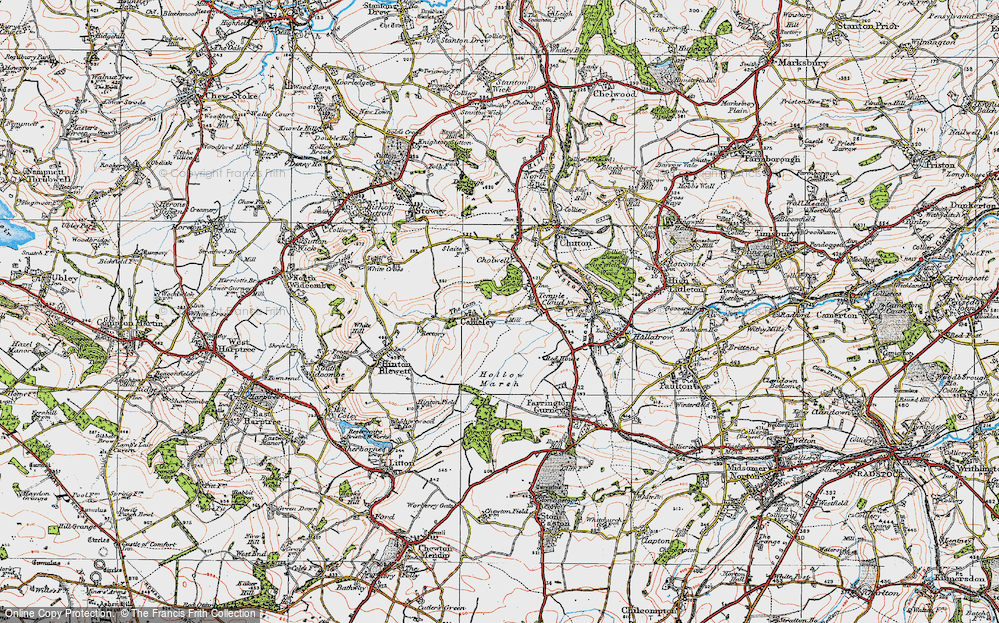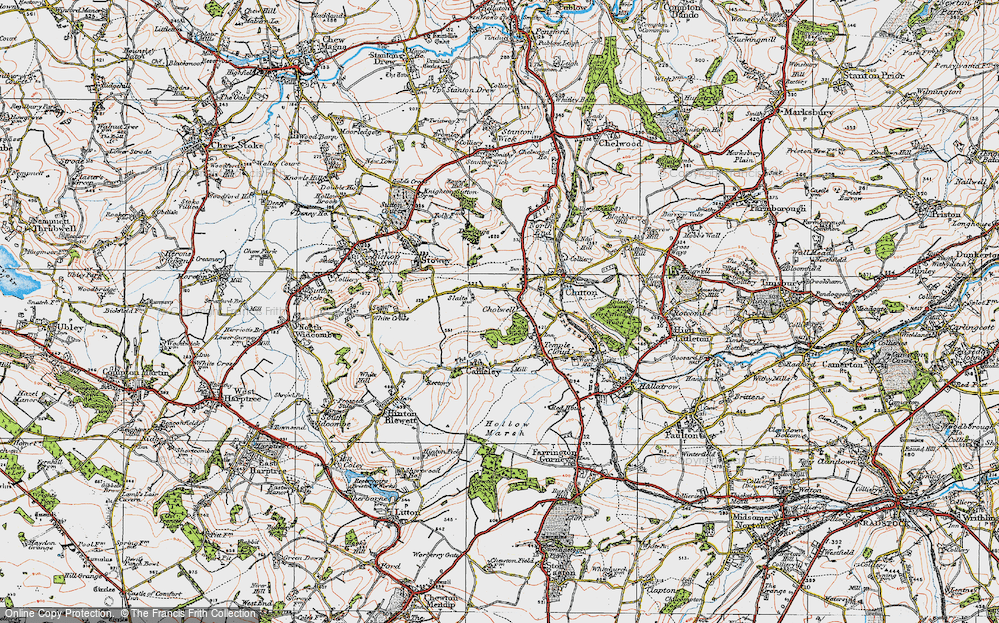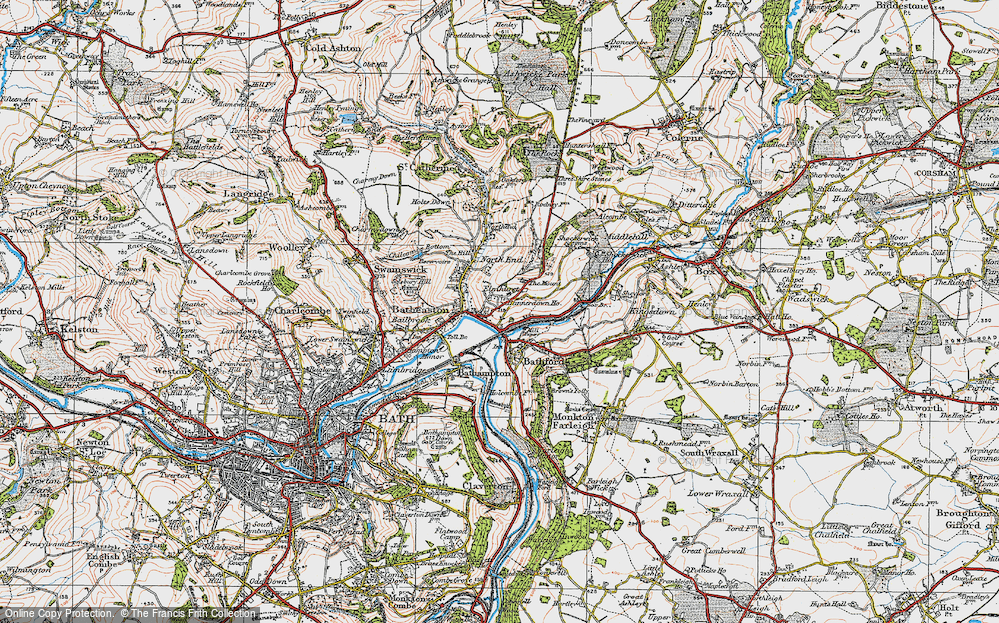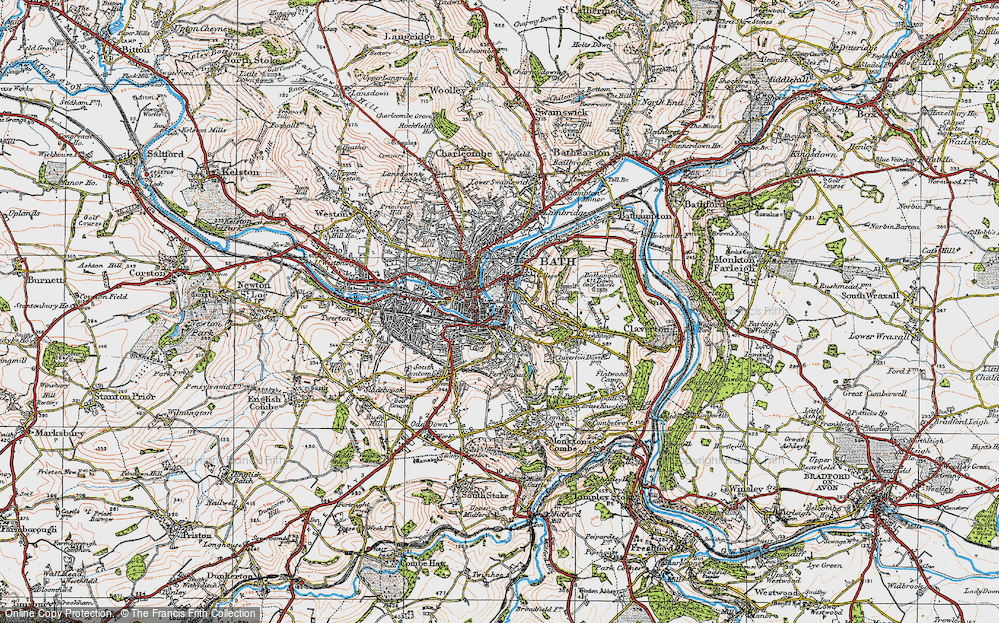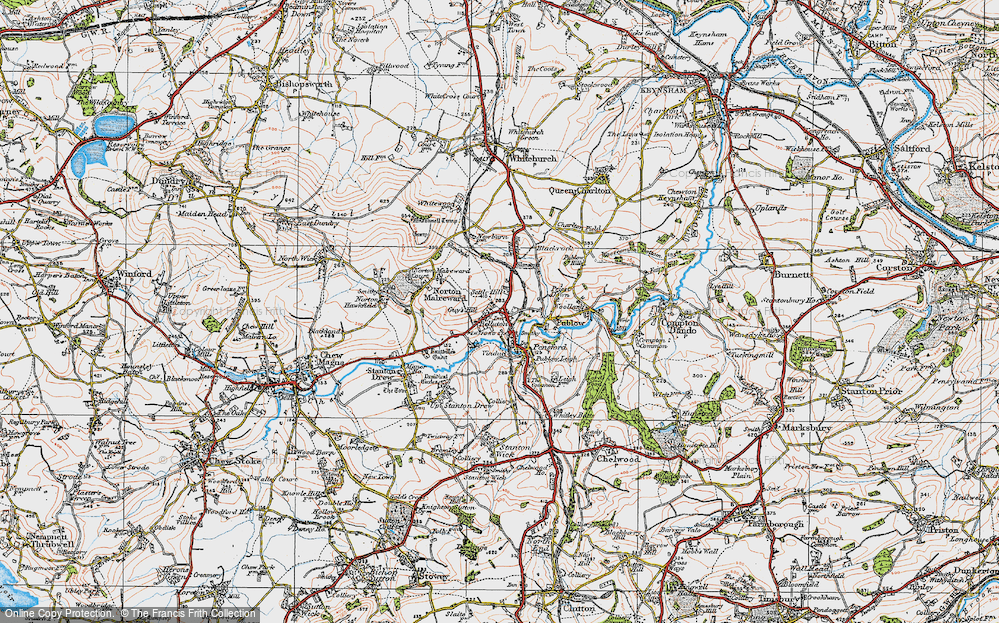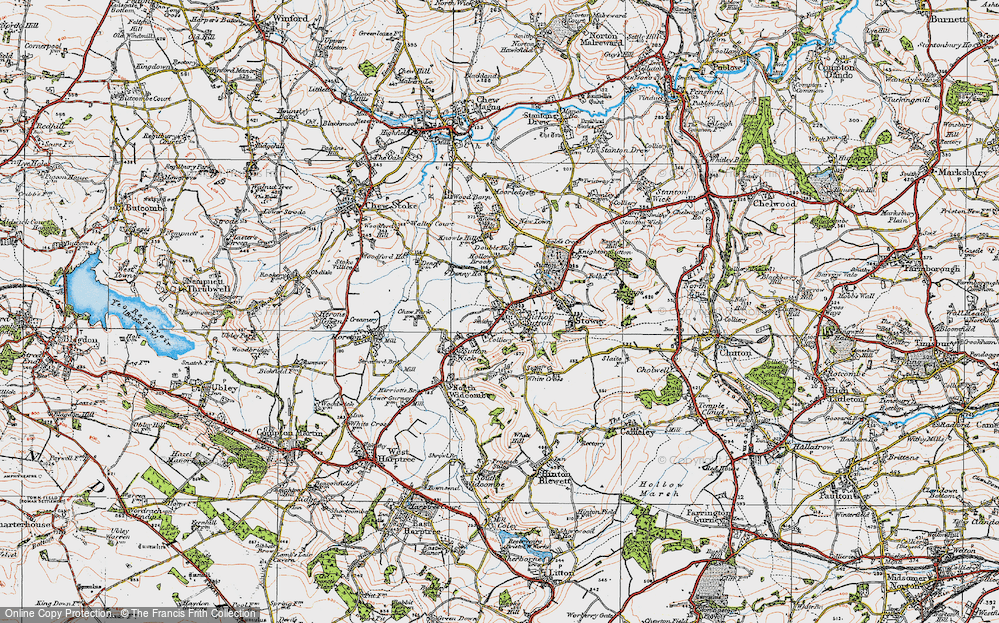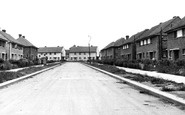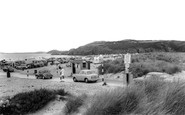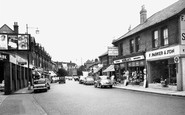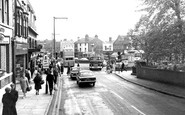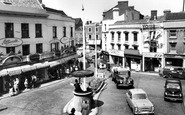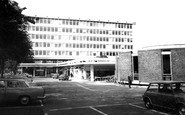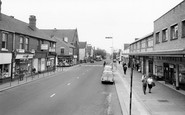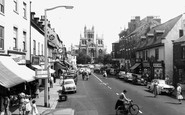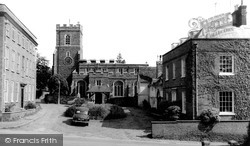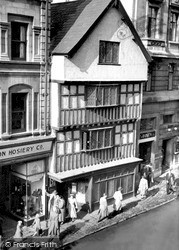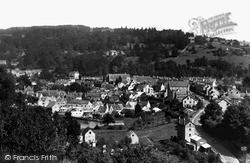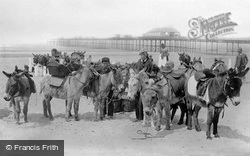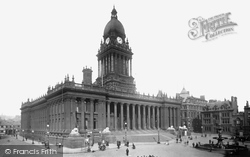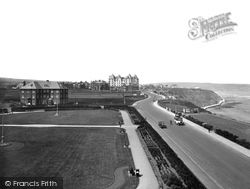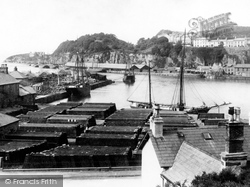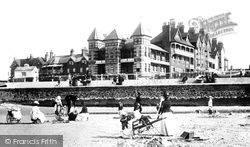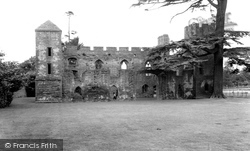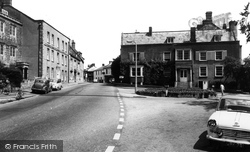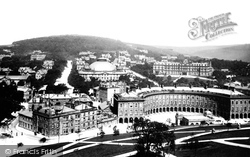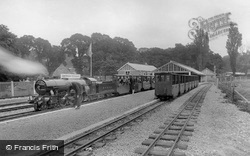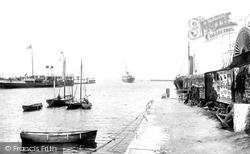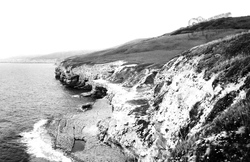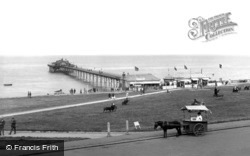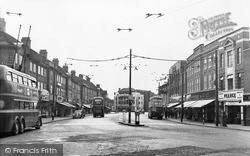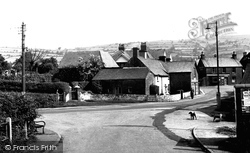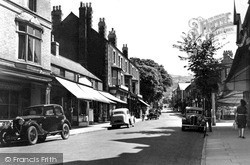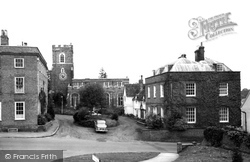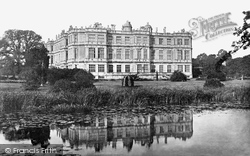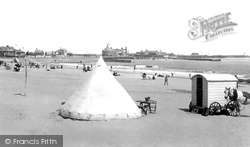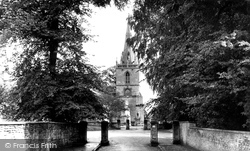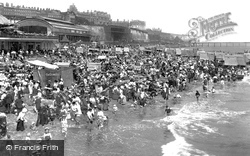Places
Sorry, no places were found that related to your search.
Photos
Sorry, no photos were found that related to your search.
Maps
1,353 maps found.
Books
3 books found. Showing results 961 to 3.
Memories
2,048 memories found. Showing results 401 to 410.
Growing Up
Please get in touch with me if you grew up on the St Marys Crescent Estate, especially if you remember my family. We lived in number 48 then no.4 then number 93 - I got married from there. There was eight children in my family all with ...Read more
A memory of Pitsea in 1960 by
Happy Times
My family and I lived in 27 Bruce Street, Greenock, up in the attic flat room and kitchen, there was Mum and Dad and my sisters. My dad worked as a train driver and used to drive his train along the nold track on Wellington Street, ...Read more
A memory of Greenock in 1960 by
Simple Holidays.
When I saw this photo of the road leading to the beach, I could literally smell the sand and the sea. I felt the excitement of a five year old, armed with bucket and spade. Further up from the beach but on the same road, there ...Read more
A memory of Morfa Bychan in 1960 by
Purley Fountain And High Street
I was born in Mayday but brought up in Lansdowne Road for the first two and a half years. I remember the fountain being in the grounds of the water works where Tesco is now situated. When I was nearly 3 we moved to ...Read more
A memory of Purley in 1960
My Husband Came From Paisley
I met my husband in Chiswick, London in 1967, he had come down from Paisley to find work. I loved Paisley, I wanted to move up there but he loved Chiswick. But we went up there whenever we could. I found the people ...Read more
A memory of Paisley in 1960 by
A Fifties Lad In Cannock
The Crown Hotel dating back to the reign of Queen Anne circa 1702. Demolished to make way for hideous 1960s architecture, Dickie Wright's butchers shop and cottage on the corner of Church Street, the bandstand where Bob ...Read more
A memory of Cannock in 1960 by
1960's Kidderminster
Dear old Kiddy. My youth and teenage years during the late 1950s and early 1960' spent here. I remember a busy medium sized market town. Full employment was provided by the numerious carpet factories, Adams, Brintons, ...Read more
A memory of Kidderminster in 1960 by
The Library
I don't know the exact year the library was built in West Byfleet, only that it opened the flood-gates for me & I would be the first to campaign against closing libraries, thanks to this inclusion to 1960s West Byfleet. The ...Read more
A memory of West Byfleet in 1960 by
Goldthorpe
Pauline's memories of the market stalls reminded me as well.... swinging on the cross bars especially. I also went to the Saturday matinees. We got a little card stamped each week. Our main amusement was to get cardboard boxes from ...Read more
A memory of Goldthorpe in 1960 by
Shopping In Selby
The two girls in the lower left corner of this photograph are myself and my sister Elizabeth. We were probably out shopping with my mum, who is not visible on the photograph. I originally saw this photo in the Frith collection ...Read more
A memory of Selby in 1960 by
Captions
1,059 captions found. Showing results 961 to 984.
All, however, make a point of listing a marble memorial to the life of Col Richard Nicolls who captured the Dutch Colonial city of New Amsterdam on behalf of the English Crown - and then renamed it New
What appears to be a medieval jettied building may be nothing of the sort.
The A46 from Bath can be seen snaking down into Nailsworth, which lies at the meeting place of three steep and wooded valleys.
This is how a guide to seaside resorts of 1895 described Rhyl: 'Not many years ago there was no town here at all, but merely a few fishermen's huts upon the shore.
This is how a guide to seaside resorts of 1895 described Rhyl: 'Not many years ago there was no town here at all, but merely a few fishermen's huts upon the shore.
The architect of the Town Hall, Cuthbert Brodrick, was also responsible for other buildings, including the Corn Exchange (1860), the Mechanics' Institute (1860), the Oriental Baths (1866) and shops on
This was to be the site of the other half of George Hudson's dream crescent; because of his bankruptcy, it stayed empty for a long time.
Portmadoc was originally intended to be the port of Tremadoc, a new town that never got beyond a village; it was planned by the speculator William Madocks, who had a grand scheme to persuade the Government
While the neighbouring resort of Margate had been attracting hordes of trippers from London from 1753 onwards, Westgate remained a more sedate and favoured place for families throughout the late
The castle at Acton Burnell was built at the end of the 13th century by Robert Burnell, Bishop of Bath and Wells and Lord Chancellor of England.
This was the site of much activity, including horse fairs, which continued regularly until the mid-20th century. The Green is today architecturally unchanged from this photograph.
This classic view of Buxton from The Slopes was taken during its heyday as an inland spa created largely by the efforts of the 5th Duke of Devonshire.
The Romney, Hythe and Dymchurch Railway is said to be the world's smallest public railway service.
A boat from Jersey enters Weymouth, whilst over on the left a paddler makes ready to depart. On the right, just peeping from behind the harbour wall, is what might be the paddler 'Great Western'.
Romantically named for the sea breaking across its rocks, Dancing Ledge is a mile south of Langton Matravers village.
What a scene this is, with bathers in the water, and gentlemen sitting on benches putting the world to rights. Tourists are ordering tickets for the twice-nightly end-of-the-pier show.
In 1924, Richmond House, a large house with extensive grounds on the river-front by the Embankment, came into council ownership, following an unsuccessful bid at auction, a fumbled attempt at compulsory
The poster on the extreme right of this picture is advertising the forthcoming local District Council elections. This has obviously not caused too much of a stir in sleepy Bedwas.
Prestatyn can claim a history that is tangible from Roman times with its own Roman bath house.
A number of sources quote Ampthill's parish church as being 10th century, without offering a precise dating.
Ancestral home of the Marquesses of Bath, and sometimes described as the first true Renaissance house in England, Longleat was built by Sir John Thynne between 1547 and 1580.
A lone tent sits on the empty sands.
The fine setting of the town church is shown in this picturesque view through the gateway.
The sands were a two-hour train ride from London. It was a children's summer playground.
Places (0)
Photos (0)
Memories (2048)
Books (3)
Maps (1353)



